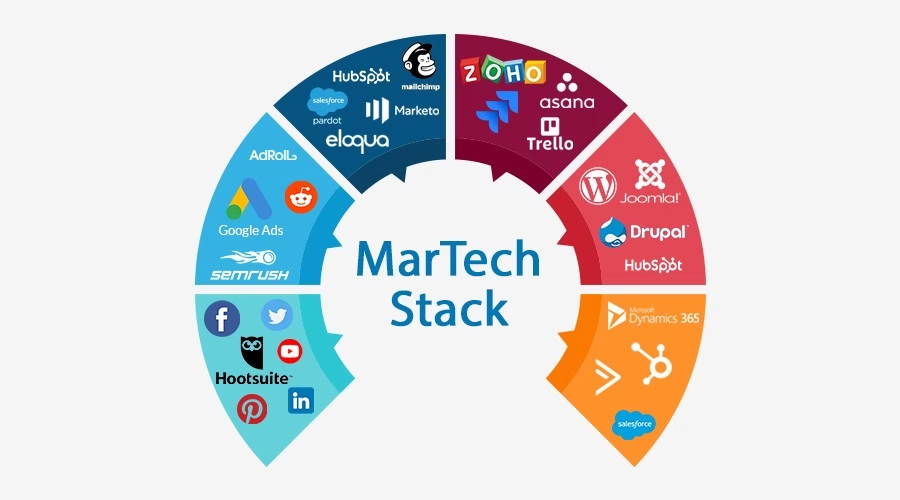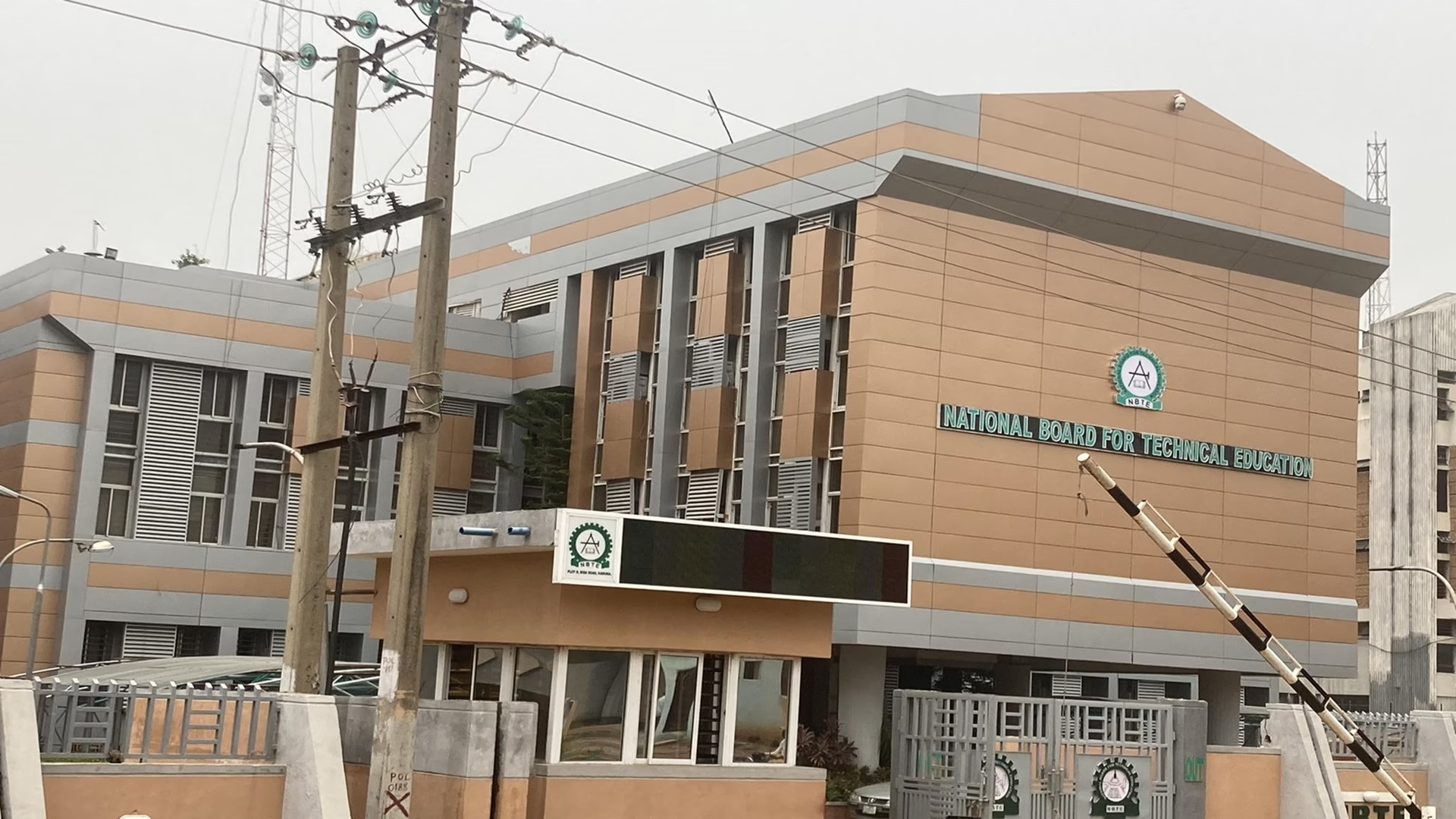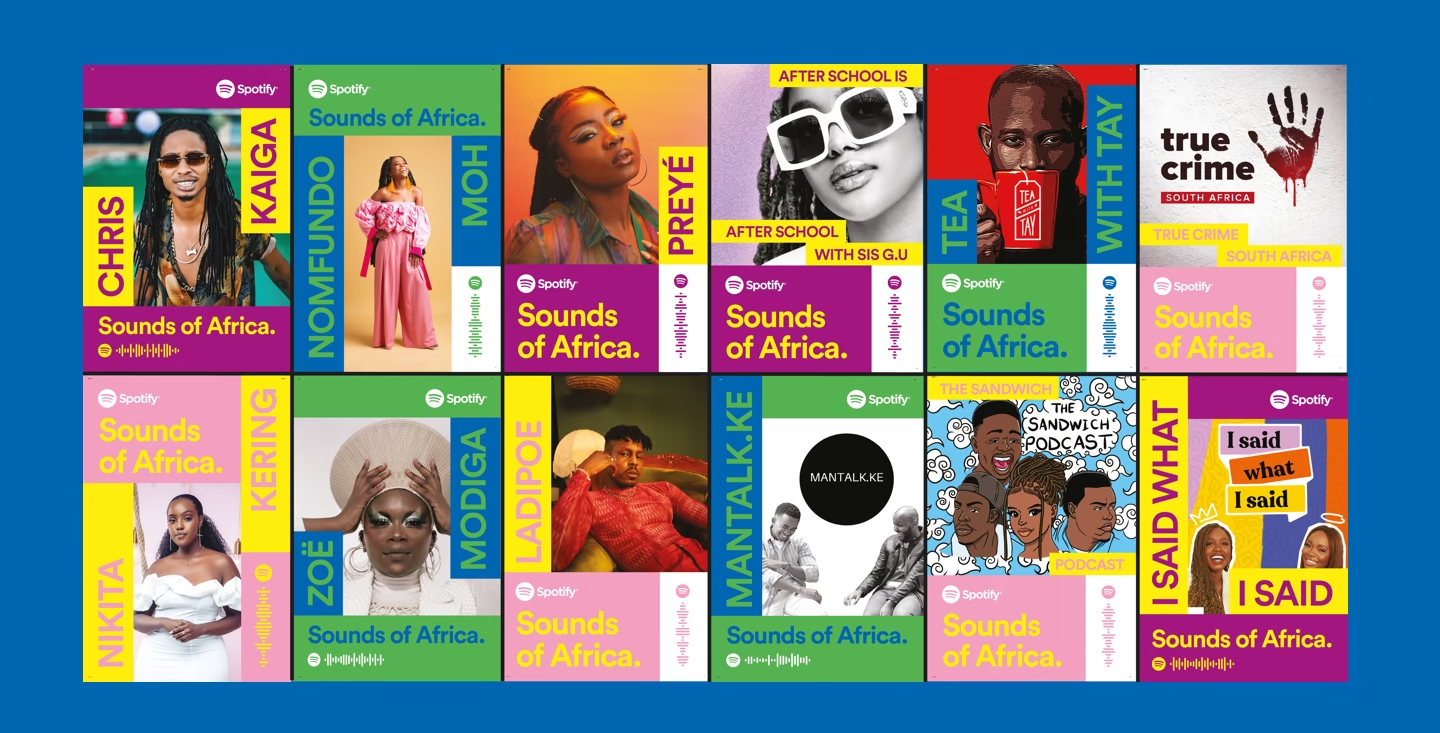The marketing technology landscape in Africa is undergoing a seismic shift. Gone are the days when the continent was simply adopting solutions from Silicon Valley. Today, African entrepreneurs are building MarTech tools that speak directly to the unique challenges and opportunities of the region’s diverse markets.
“African marketers need solutions that understand our context,” says Sarah Mwangi, founder of KenyaAds, a rapidly growing ad-tech platform. “We’re not just dealing with different languages and cultures – we’re dealing with unique payment systems, varying levels of internet penetration, and distinctive consumer behaviors that global platforms often overlook.”
This shift isn’t happening in isolation. The African MarTech sector saw investments totaling $450 million in the first quarter of 2025 alone, marking a 200% increase from the previous year. From Nigeria’s mobile-first analytics tools to South Africa’s AI-powered customer engagement platforms, local innovations are finally getting the attention – and funding – they deserve.
Take Lagos-based BuyNow, for example. While global e-commerce platforms struggled with Nigeria’s complex payment ecosystem, BuyNow built a solution that seamlessly integrates with local payment methods, from bank transfers to mobile money. The result? A 300% increase in conversion rates for businesses using their platform.
But it’s not just about solving local problems. African MarTech companies are innovating in ways that are catching global attention. Morocco’s DataSense AI has developed predictive analytics tools that work effectively with limited data – a solution now being adopted by companies in emerging markets worldwide.
“What’s exciting is how African MarTech solutions are leapfrogging traditional approaches,” notes, one Tech analyst. “They’re not bound by legacy systems, so they’re free to innovate in ways that established markets can’t.”
The impact extends beyond traditional marketing metrics. These homegrown solutions are creating jobs, developing local tech talent, and building a sustainable tech ecosystem. Training programs like the Digital Marketing Institute’s AI course are now incorporating case studies from African MarTech companies, recognizing their growing influence in the global landscape.
However, challenges remain. Infrastructure gaps, regulatory uncertainties, and limited access to growth capital still pose significant hurdles. Yet, the sector’s resilience is remarkable. Companies are finding creative ways to work around these challenges, often turning them into opportunities for innovation.
Looking ahead, the African MarTech scene shows no signs of slowing down. With the continent’s digital economy projected to reach $712 billion by 2050, local MarTech solutions will play a crucial role in shaping how businesses connect with Africa’s growing consumer base.
The message is clear: African MarTech isn’t just catching up – it’s charting its own course. And in doing so, it’s proving that the future of marketing technology might just be made in Africa.










